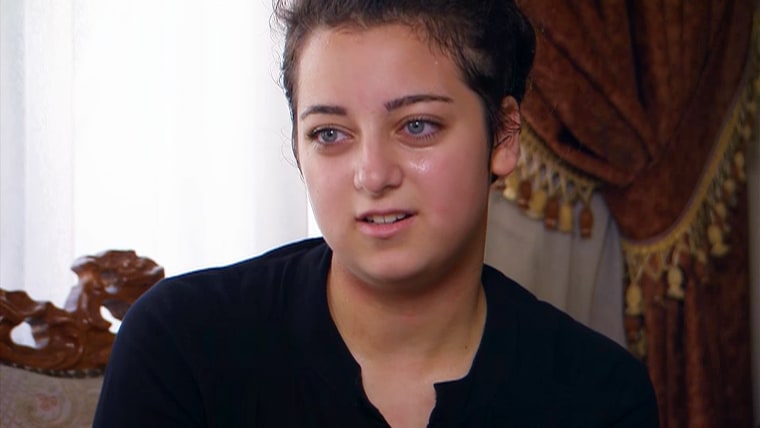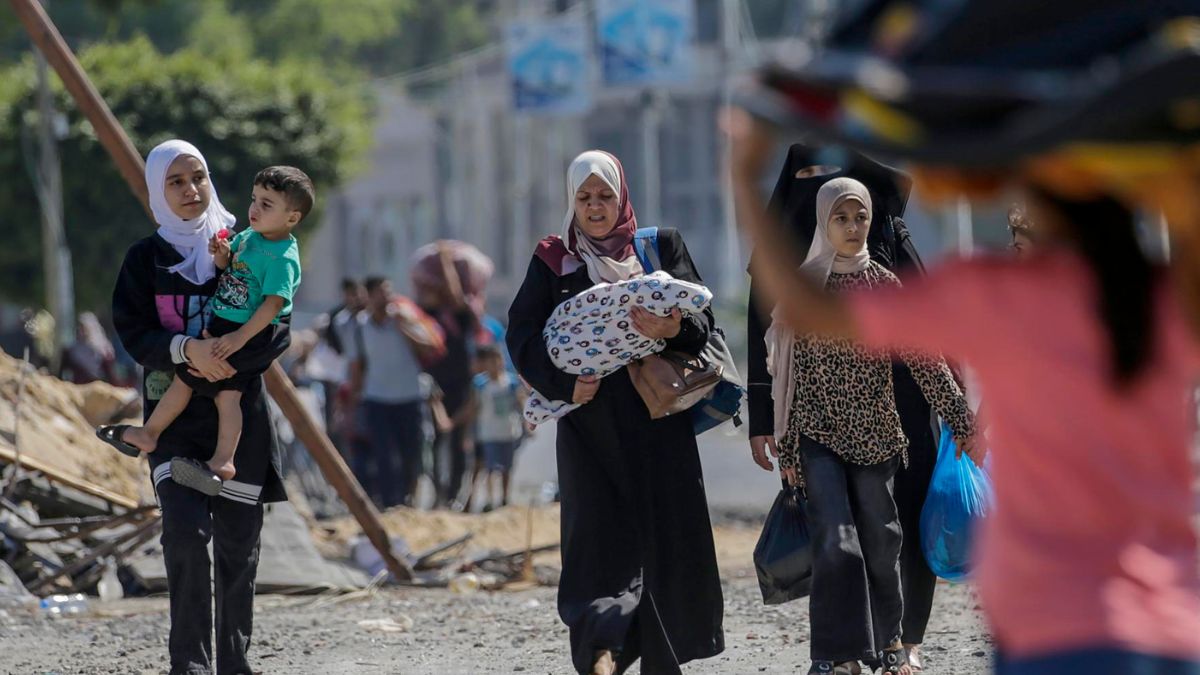The ongoing genocide and collective punishment practiced by the Israeli army, resulted in the death of thousands of Palestinians, mostly civilians, and the destruction of thousands of homes and infrastructure in the besieged Gaza Strip. The Israeli siege, which has been imposed on Gaza since 2007, has created a humanitarian crisis that affects every aspect of life for the two million people living there. However, despite the dire situation, Gazans have not given up on their struggle for freedom and justice. They have used social media platforms and online activism to amplify their voices and expose the atrocities committed by Israel. In this article, we will argue that English speakers in Gaza, especially young people, journalists, and human rights defenders, were able to use their language skills and digital tools to challenge the dominant narrative of the mainstream media and present an authentic picture of what's really happening in Gaza.
One of the ways that English speakers in Gaza were able to communicate with international audiences and media outlets was by sharing their stories and experiences in English through various online platforms. For example, many Gazans tweeted live updates from their homes and neighborhoods as they faced Israeli airstrikes and shelling. Some of these tweets went viral and reached millions of people around the world who expressed their sympathy and solidarity with Gaza. One of them was Mohammed el-Kurd, a 23-year-old poet and activist from Sheikh Jarrah, who tweeted: "We don't want to go from one massacre to another. We want to live. We want to be free." Another example was Farah Baker, a 19-year-old student and blogger from Gaza City, who posted videos and photos of the devastation caused by the Israeli attacks on her Instagram account. She also gave interviews to several international media outlets, such as CNN, BBC, and Al Jazeera, where she spoke about the fear and trauma that she and her family experienced during the bombardment.
 |
| Palestinian Teen Farah Baker Live Tweets Nighttime Bombardment in Gaza |
Another way that English speakers in Gaza were able to counter the misinformation and propaganda spread by Israel and its allies was by fact-checking, debunking, and exposing the lies and distortions of the mainstream media. For example, many Gazans used Twitter to correct the false claims made by Israeli officials and spokespersons, such as blaming Hamas for the civilian casualties or denying the existence of an occupation. Some of them also used hashtags such as #GazaUnderAttack to raise awareness about the root causes of the conflict and the ongoing violations of international law by Israel. One of them was Omar Ghraieb, a 32-year-old journalist and blogger from Gaza, who tweeted: "Israel is not defending itself. Israel is defending its illegal occupation, its illegal settlements, its illegal blockade, its illegal annexation, its illegal apartheid." Another example was Noura Erakat, a 38-year-old human rights lawyer and scholar from Jerusalem, who wrote an op-ed for The Washington Post where she explained why framing the conflict as a "cycle of violence" or a "clash" between two equal sides is misleading and inaccurate.
A third way that English speakers in Gaza were able to mobilize global solidarity and support for their cause was by launching online campaigns, petitions, hashtags, and calls for action that galvanized millions of people around the world to stand with Gaza and demand an end to the Israeli occupation and aggression. For example, many Gazans used Change.org to create petitions that urged governments, organizations, celebrities, and influencers to take action to stop the Israeli attacks and lift the siege on Gaza. Some of these petitions received hundreds of thousands of signatures and attracted media attention. One of them was created by Ayah Abubasheer, a 24-year-old activist and researcher from Khan Younis, who started a petition that called on Netflix to stream documentaries about Palestine and Gaza. Another example was using #BoycottEurovision or #EurovisionForGaza to protest against Israel's hosting of the Eurovision Song Contest in 2021 amid its ongoing oppression of Palestinians. Some of them also encouraged people to donate to humanitarian organizations that provide aid and relief to Gazans in need.
A fourth way that English speakers in Gaza were able to change the narrative of the mainstream media was by engaging with prominent figures and personalities who have a large following and influence on public opinion. For example, Bassem Youssef, a 47-year-old Egyptian comedian and satirist who is known as "the Jon Stewart of Egypt", had an interview with Piers Morgan on Good Morning Britain where he spoke about his visit to Gaza in 2019 and his support for the Palestinian cause. He also helped correct much of the misinformation and bias that Morgan displayed during the interview, and gained sympathy and applause from viewers all over the world. Another example was Malala Yousafzai, a 24-year-old Pakistani activist and Nobel Peace Prize laureate, who wrote a letter to the children of Gaza where she expressed her solidarity and admiration for their courage and resilience. She also urged the world leaders to take action to end the violence and injustice in Palestine.
In conclusion, we have shown how English speakers in Gaza were able to use their language skills and digital tools to challenge the dominant narrative of the mainstream media and present an authentic picture of what's really happening in Gaza. They were able to communicate with international audiences and media outlets, counter the misinformation and propaganda spread by Israel and its allies, mobilize global solidarity and support for their cause, and engage with prominent figures and personalities who have a large following and influence on public opinion. They were also able to use their language as a weapon to fight for their rights and dignity. They proved that they are not just victims or statistics, but agents of change and resistance who refuse to be silenced or ignored. They deserve our respect and admiration, as well as our action and solidarity. The question is: what will you do to support them?







Social Plugin